2026 will be the year of an electric vehicle (EV) revolution in India; the likes have not been seen before and the electrical vehicle manufacturers are going to deliver the futuristic models brimming with technology, breathtaking designs and a host of features from their stable. With the ongoing shift towards sustainable mobility, there will be no shortage of EV launches with exciting battery ranges, intelligent connectivity and high-end drivetrains on the cards for consumers. Here, we take a detailed look at the top 10 upcoming electric cars in India in 2026, along with their specifications such as battery capacity, range, acceleration and top speed.
Tata Avinya EV
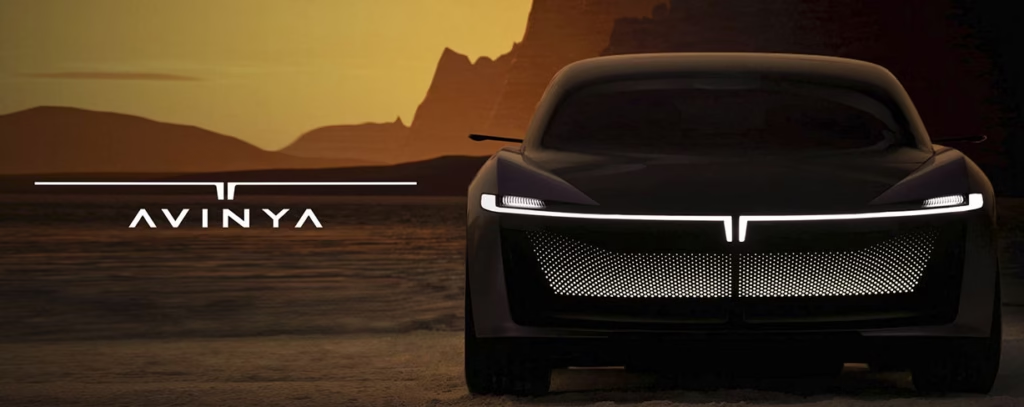
Battery Capacity: 80 kWh
Range: 500 km (claimed)
0-100 km/h (0-62 mph): < 5 seconds
Top Speed: 180 km/h
Charging: Ultra-fast (80% in 30 mins)
Expected Price: ₹30-35 lakh
Tata Avinya EV is one of most anticipated upcoming electric cars in India in 2026 which features a sleek and futuristic design, is based on Tata’s Gen 3 dedicated EV architecture. It also gets AI-based driver assistance, a large glass roof, and a next-gen infotainment system with several connectivity options.
Mahindra BE 09 Coupe SUV
Battery Capacity: 85 kWh
Range: 600 km
0-100 km/h: 4.5 seconds
Top Speed: 200 km/h
Charging: 350 kW dc fast charging (80% in 25 min)
Expected Price: ₹45-50 lakh
The Mahindra BE. 09 will be a coupe-style electric SUV with dual-motor AWD, delivering performance and handling to the next level. It includes a huge touchscreen infotainment system, semi-autonomous driving capability, and a digital cockpit which makes it most anticipated upcoming electric cars in India.
Maruti Suzuki eVX
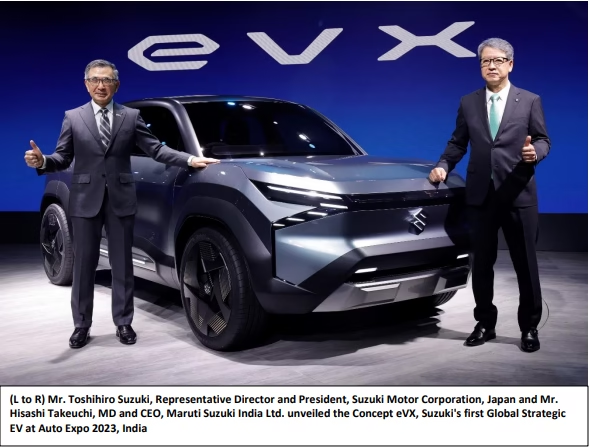
Battery Capacity: 60 kWh
Range: 550 km
0-100 km/h ACCELERATION: 7 seconds
Top Speed: 160 km/h
Charging: Supports fast charging (80% in 40 minutes)
Expected Price: ₹25-30 lakh
The Maruti Suzuki eVX will be Maruti’s first all-electric global SUV, featuring a roomy cabin, numerous ADAS technologies, and a smart energy regeneration system for maximum efficiency and effectiveness.
Hyundai Ioniq 7

Battery Capacity: 100 kWh
Range: 650 km
0-100 km/h: 5.5 seconds
Top Speed: 200 km/h
Charging: 800V ultra-fast (80% in 20 mins.)
Expected Price: ₹55-60 lakh
Hyundai Ioniq 7: E-GMP Full-Size Electric SUV It also has Level 3 autonomous driving, full digital dashboard, and a three-row seating layout.
Kia EV9
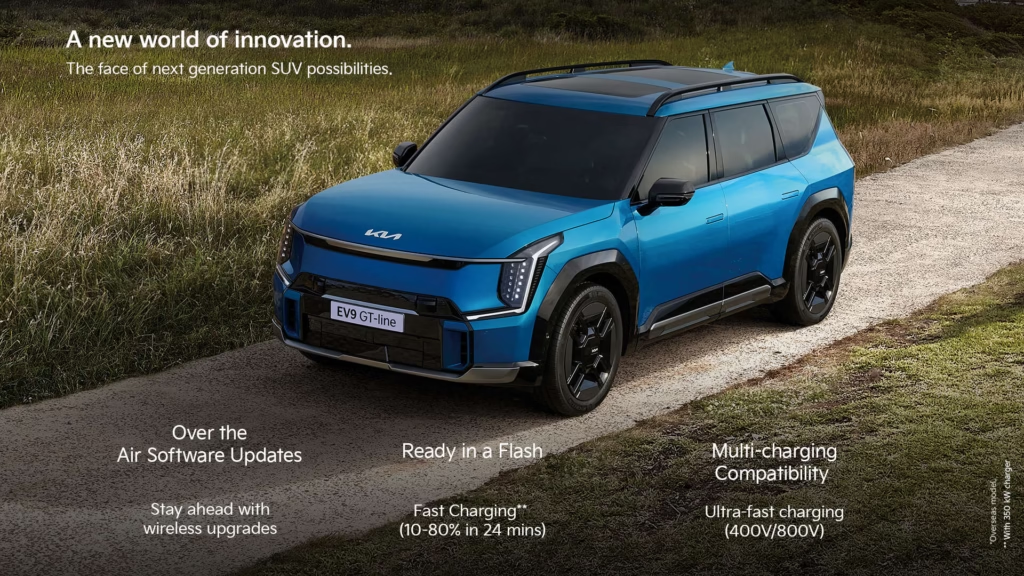
Battery Capacity: 99.8 kWh
Range: 700 km
0-100 km/h: 5.3 seconds
Top Speed: 190 km/h
Charging: 350 kW DC ultra-fast charging (20-min 80% charge)
Expected Price: ₹50-55 lakh
Kia EV9 has three-row SUV for families. These include facial recognition unlocking, AI-powered infotainment, and over-the-air updates.
MG 5 EV
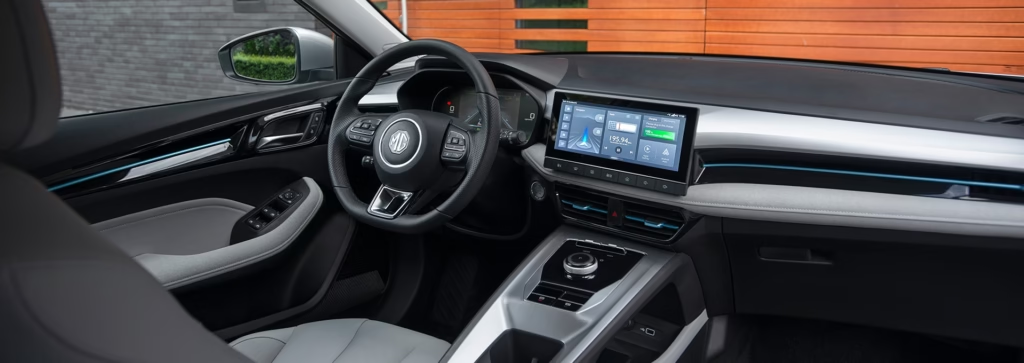
Battery Capacity: 61 kWh
Range: 500 km
0-100 km/h (in seconds): 7.3 seconds
Top Speed: 170 km/h
Charging: DC fast charging (50 kW, 80% in 45 min)
Expected Price: ₹20-25 lakh
India’s first electric station wagon comes with a spacious boot, a digital driver display, and semi-autonomous driving experience with the MG 5 EV.
Volkswagen ID.4
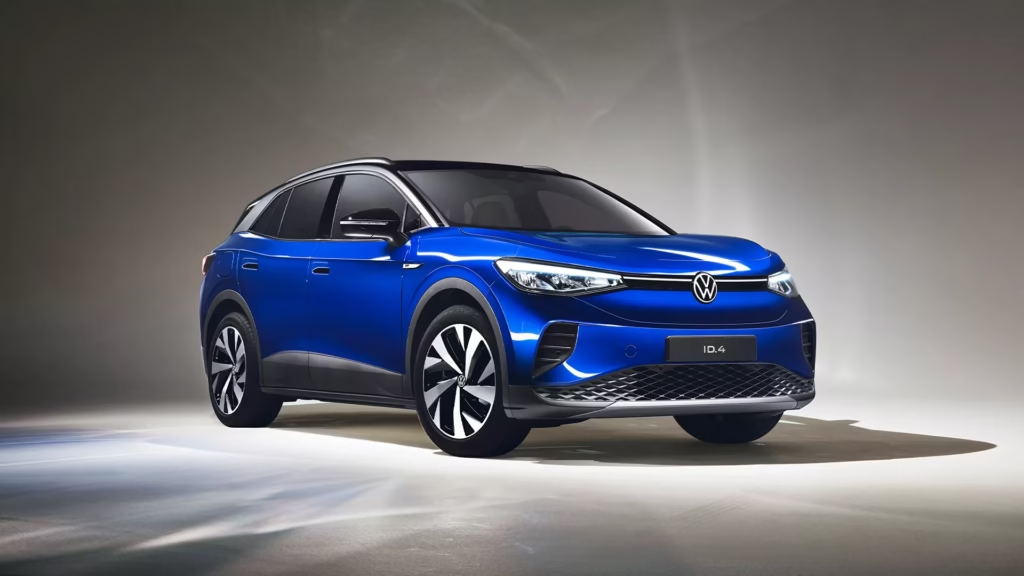
Battery Capacity: 77 kWh
Range: 570 km
0-100 km/h Acceleration: 6.2 seconds
Top Speed: 180 km/h
Charging: 125 kW DC fast charging (35 minutes to 80%)
Expected Price: ₹40-45 lakh
The Volkswagen ID.4 gets a sleek body, a 12-inch touchscreen infotainment system, voice-activated operation and a panoramic sunroof.
Renault Megane E-Tech Electric
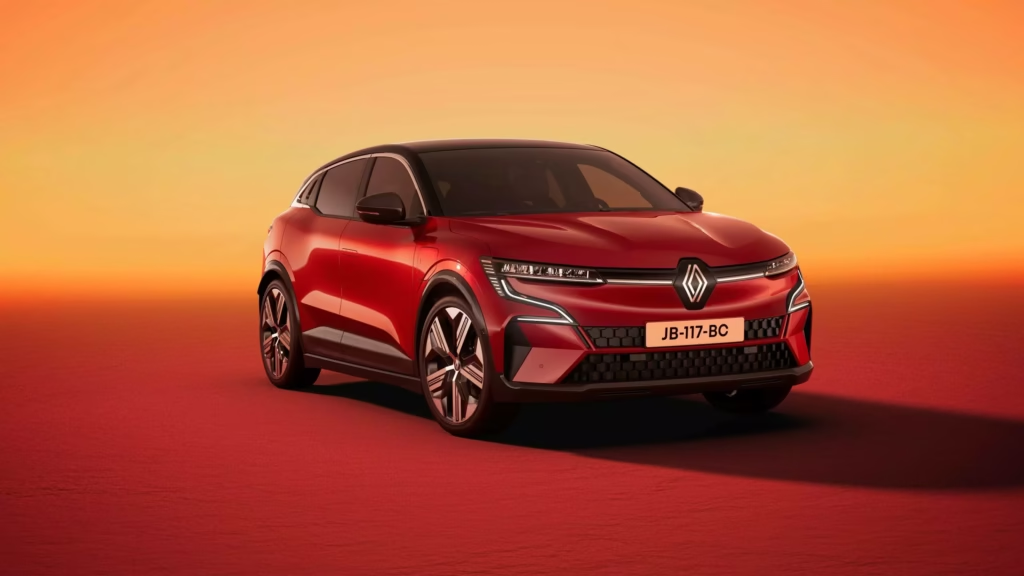
Battery Capacity: 60 kWh
Range: 450 km
0-100 km/h: 6.9 seconds
Top Speed: 175 km/h
Charging: 130 kW DC fast charging (80% in 30 min)
Expected Price: ₹22-28 lakh
The Renault Megane E-Tech Electric is a crossover SUV with Google- based infotainment, sporty handling and a regenerative braking system.
Nissan Ariya
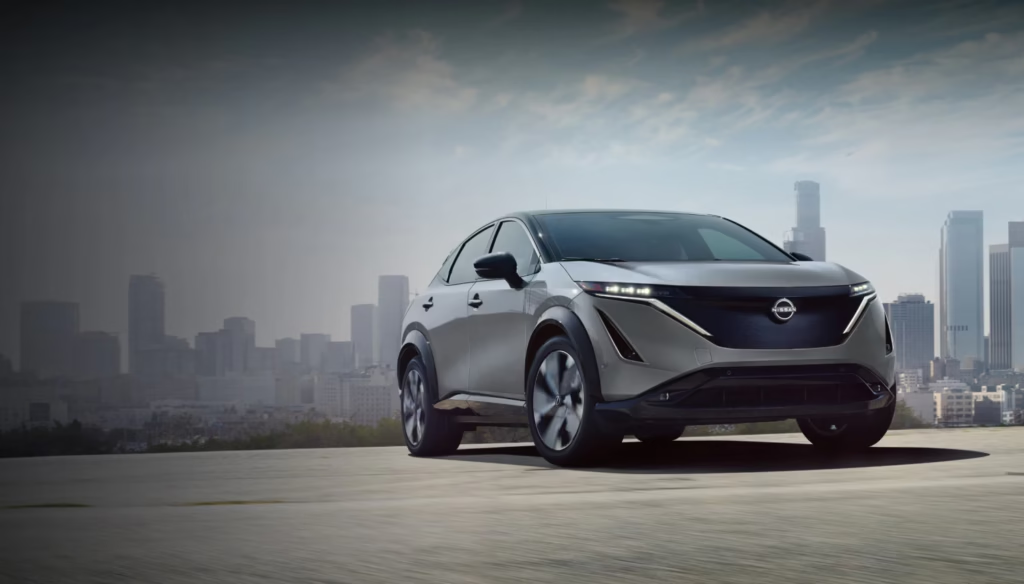
Battery Capacity: 87 kWh
Range: 610 km
Acceleration (0-100 km/h): 5.1 seconds
Top Speed: 185 km/h
Charging: 130 kW DC fast charging (80% in 35 minutes)
Expected Price: ₹45-50 lakh
The Nissan Ariya comes with an e-4ORCE AWD, semi-automated ProPilot Assist and bi-directional charging support which allows power delivery back to homes.
BYD Seal
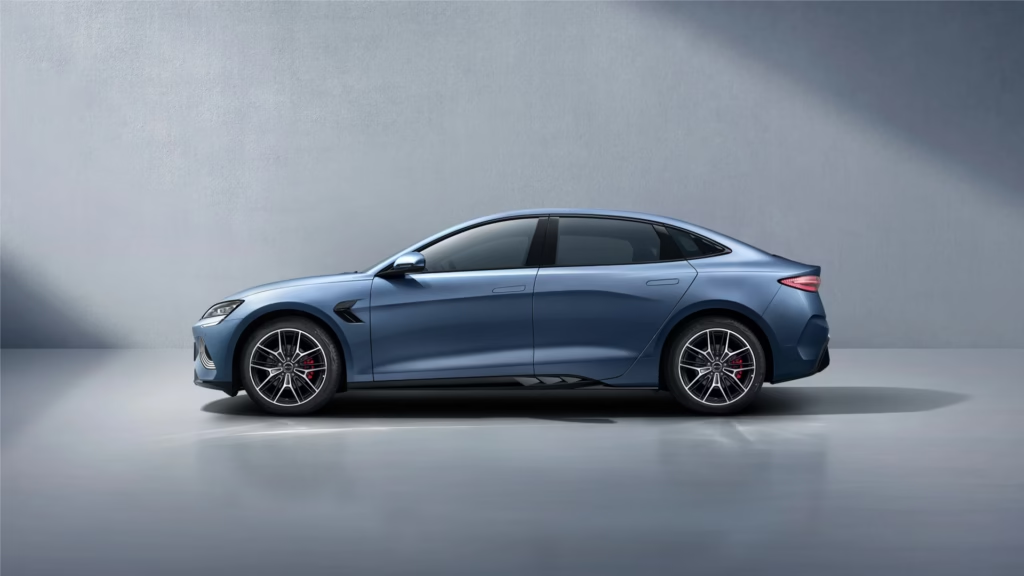
Battery Capacity: 82 kWh
Range: 650 km
Speed (0-100 km/h): 3.8 seconds
Top Speed: 210 km/h
Fast charging: 150 kW (80% in 25 min.)
Expected Price: ₹40-45 lakh
A performance-oriented electric sedan that competes with premium EVs. With multiple engine options, including petrol, at its core, it will also offer adaptive air suspension, a wide infotainment touchscreen as well as advanced driver assistance all in it, making BYD Seal a key player to loftily contend for the top spot in the Indian market.
Tesla Insiders Describe the Indian EV Market
India expects the world’s largest electric car manufacturer, Tesla to enter the Indian market in 2026, officially, with a whole range of exclusive electric vehicles. An October 2023 news report mentioning the company is negotiating with the Indian government to set up a plant in India to produce the vehicle at a lower cost to make it feasible for Indian buyers. Now Tesla is going to setup a facility in Mumbai and New Delhi to cater Indian customers. Tesla India’s most awaited models are the following:
Tesla Model 3
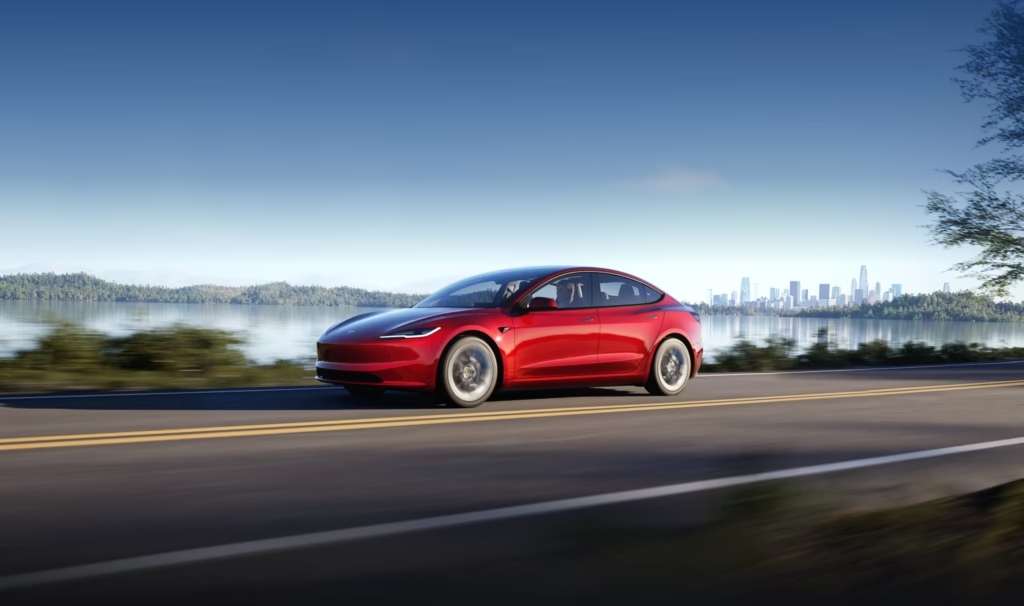
Battery Capacity: 57-82 kWh
Range: 450-600 km
Acceleration (0–100 km/h): 3.1-5.8 seconds
Top Speed: 225 km/h
Expected Price: ₹50-60 lakh
Tesla Model Y
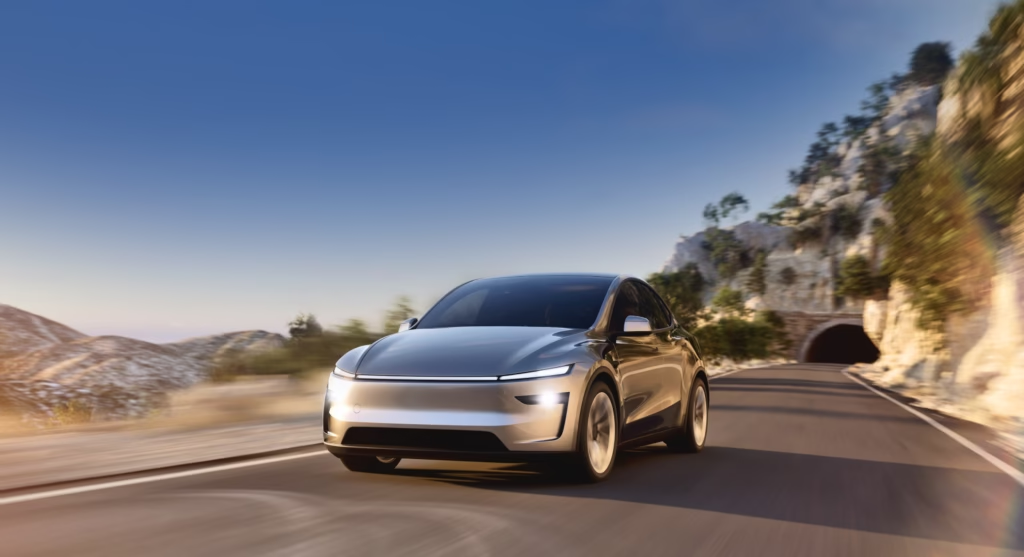
Battery Capacity: 60-82 kWh
Range: 500-610 km
Acceleration 0–100 km/h (0–62 mph): 3.5 – 6.9 s
Top Speed: 217 km/h
Expected Price: ₹55-65 lakh
Tesla is setting up Supercharger networks across the key Indian cities to facilitate uninterrupted long-distance travel.
Issues in Indian EV Space
Is India truly ready for EV revolution? While India’s EV sector is seeing fast expansion, it is still faced with numerous hurdles, such as:
Lack of charging stations: There is a limited number of public charging stations available, which makes it hard for people to adopt EVs besides new launches this and upcoming electric cars in India.
Battery Costs: The high prices of batteries also add up to the cost of EVs
The EV charging pain point: Consumers still worry about range and charging options
Implementation of Policy: Delay in government policy execution slows down the expansion of the market
Local Manufacturing: Dependency on imported components impacts cost and availability
Incentives & Government Policies for Electric Vehicles
The Indian government has announced a series of policies and incentives to boost the transition to EVs:
Subsidies by Government: Every vehicle sold within this tenure will come with a subsidy offered by FAME II Scheme on electric vehicles as a result, they will become more economical
Performance Linked Incentive (PLI) Scheme: It promotes manufacturing at the local level for batteries to reduce reliance on imports
EV Policies: All states offer incentives including waivers on road tax and registration fees
Preparation of Charging Infrastructure: The government is working to enhance EV charging stations all across the country
Final Thoughts
In a bid to reshape performance, range and tech, a slew of new electric vehicles are redefining the EV landscape in India. These upcoming electric cars in India are slated for 2026 will raise the bar across the board, some catering to everyday family customers and others for more premium EV consumers.
With increasing infrastructure, incentives and advanced battery technology, India’s EV future looks brighter than ever. Be on top of things and prepare for the next wave of electric mobility.
